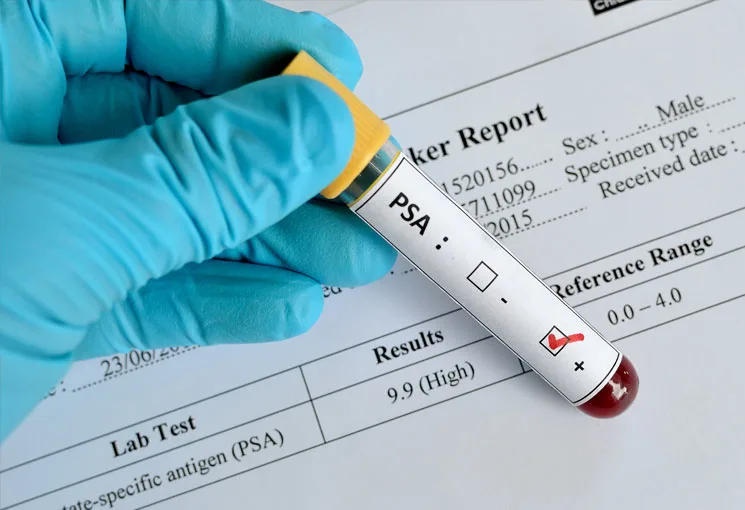Feugiat nulla facilisis at vero eros et curt accumsan et iusto odio dignissim qui blandit praesent luptatum zzril.
Mon - Fri: 9:00AM - 10:00PM
Sat - Sun: Closed
+ (123) 1800-567-8990
+ (123) 1800-453-1546
mediclinic@qodeinteractive.com
clinic@qodeinteractive.com



